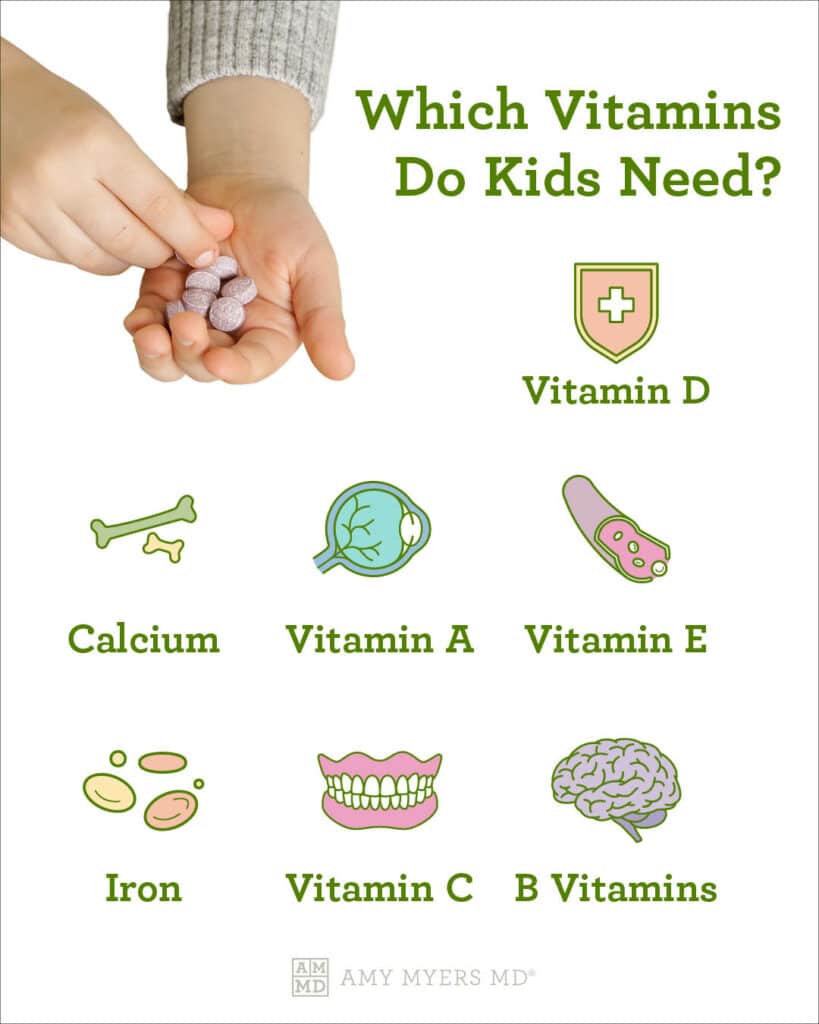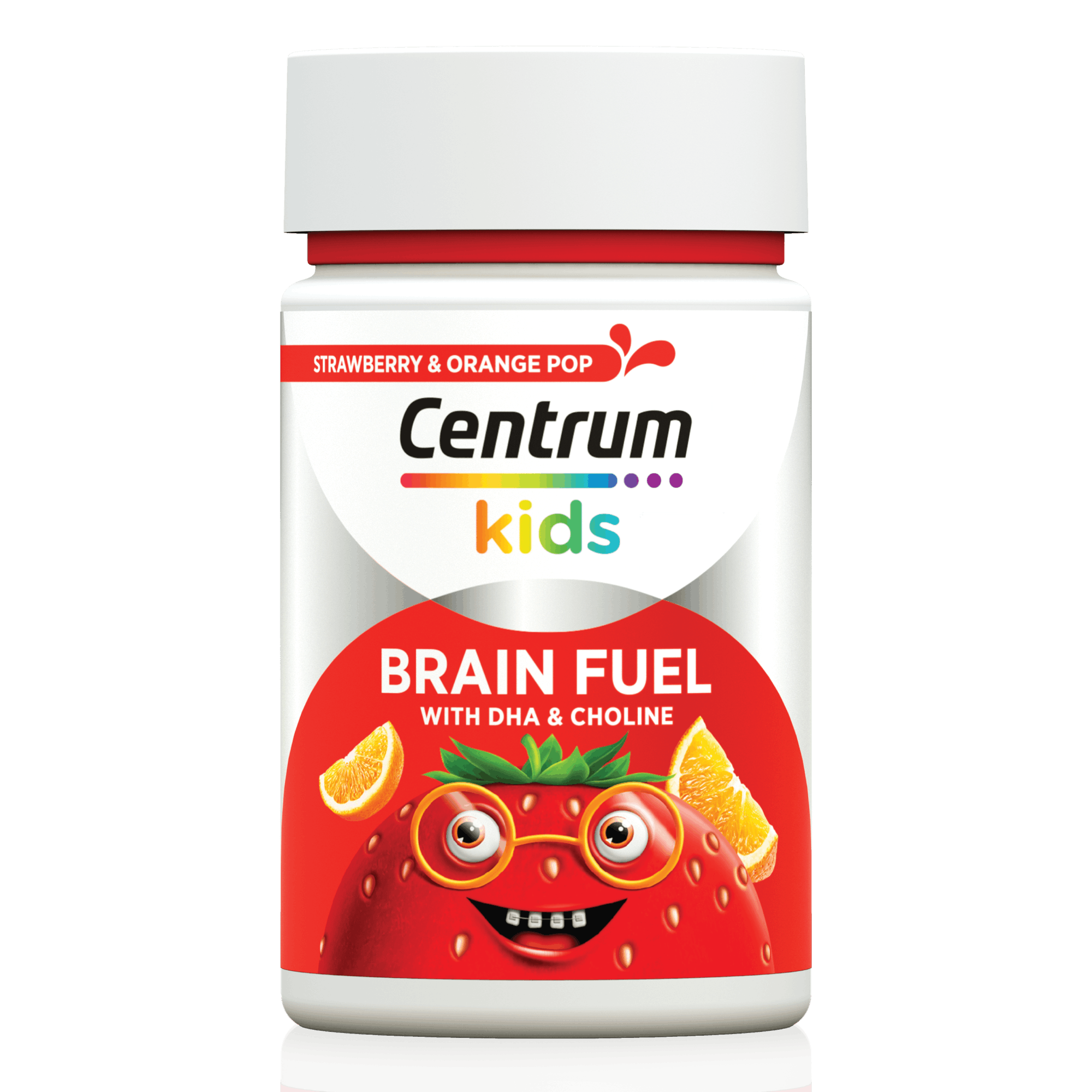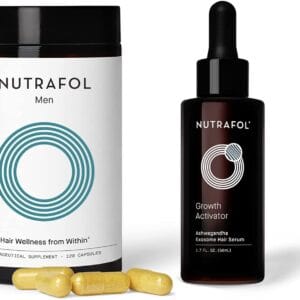As toddlers grow and develop, their nutritional needs become increasingly important to support their overall health and well-being. While a balanced diet is essential, many parents find it challenging to ensure their child is getting all the necessary vitamins and minerals. Toddler vitamins can help bridge the nutritional gap, providing essential nutrients for healthy growth and development. With so many options available, it’s crucial to understand the benefits and risks of supplementing your toddler’s diet. By exploring the role of vitamins in toddler development, parents can make informed decisions about their child’s nutritional needs.

Understanding the Importance of Toddler Vitamins
Toddler vitamins play a crucial role in supporting the overall health and development of young children. During the toddler years, children undergo rapid growth and development, and adequate nutrition is essential to support this process. Vitamins and minerals are vital for maintaining healthy bones, teeth, and immune function, as well as supporting cognitive development and energy production.
Nutritional Needs of Toddlers
Toddlers require a balanced diet that includes a variety of essential vitamins and minerals. Some of the key nutrients that toddlers need include Vitamin D for bone health, Iron for healthy red blood cells, and Calcium for strong teeth and bones. Toddlers who do not get enough of these nutrients may be at risk of developing deficiencies, which can lead to a range of health problems.
| Nutrient | Importance | Food Sources |
|---|---|---|
| Vitamin D | Essential for bone health and immune function | Fatty fish, fortified dairy products, sunlight exposure |
| Iron | Crucial for healthy red blood cells | Red meat, poultry, fish, fortified cereals |
| Calcium | Important for strong teeth and bones | Dairy products, leafy greens, fortified plant-based milk |
Benefits of Toddler Vitamins
Toddler vitamins can provide a range of benefits for young children, including supporting healthy growth and development, boosting immune function, and filling any nutritional gaps in their diet. Some toddler vitamins may also contain additional ingredients, such as Probiotics, which can help support gut health and digestive function.
Choosing the Right Toddler Vitamin
When selecting a toddler vitamin, parents should look for a product that is specifically designed for young children and contains a balanced blend of essential vitamins and minerals. It’s also important to choose a product that is GMO-free and made with natural ingredients. Some toddler vitamins may also be available in different forms, such as gummies or liquids, which can make them more appealing to young children.
Potential Risks and Side Effects
While toddler vitamins can be beneficial for young children, there are also potential risks and side effects to be aware of. Some children may be allergic to certain ingredients in toddler vitamins, and excessive intake of certain nutrients can cause adverse effects. Parents should always follow the recommended dosage and consult with their healthcare provider before giving their child any supplements.
Consulting with a Healthcare Professional
Before giving their child any vitamins or supplements, parents should consult with a healthcare professional to determine the best course of action. A healthcare professional can help assess the child’s nutritional needs and recommend a suitable product. They can also provide guidance on how to use the product safely and effectively.
| Potential Risks | Precautions |
|---|---|
| Allergic reactions | Monitor for signs of allergy, such as rash or itching |
| Excessive intake | Follow recommended dosage and consult with healthcare provider |
| Interactions with medications | Consult with healthcare provider before giving child any supplements |
What vitamins are good for toddler growth?

Vitamins play a crucial role in supporting the overall growth and development of toddlers. Adequate nutrition is essential during this stage, as it lays the foundation for future health and well-being. Key vitamins that contribute to healthy growth in toddlers include Vitamin D, Vitamin B12, and Vitamin C. These vitamins are vital for various bodily functions, such as bone development, immune function, and energy production.
Essential Vitamins for Bone Development
Toddlers require a balanced intake of vitamins to support bone growth and density. Vitamin D is particularly important, as it facilitates the absorption of calcium, a mineral crucial for building strong bones. A deficiency in Vitamin D can lead to conditions such as rickets, characterized by soft and weakened bones.
- Vitamin D rich foods, such as fatty fish and fortified dairy products, can help meet the daily requirements.
- Adequate calcium intake is also necessary to support bone health.
- Regular exposure to sunlight can help boost Vitamin D levels in the body.
Vitamins for Immune System Support
A robust immune system is vital for toddlers, as it helps protect them against infections and diseases. Vitamin C is known for its immune-boosting properties, playing a key role in the production of white blood cells. Additionally, Vitamin E acts as an antioxidant, shielding cells from damage caused by free radicals.
- Foods rich in Vitamin C, such as citrus fruits and strawberries, can be included in a toddler’s diet.
- Vitamin E is found in nuts and seeds, making them a healthy snack option.
- A balanced diet that includes a variety of fruits and vegetables can provide adequate immune system support.
Nutritional Sources of Key Vitamins
Toddlers can obtain essential vitamins through a well-balanced diet that includes a range of foods. Vitamin B12, crucial for the production of red blood cells, is primarily found in animal products, such as meat, fish, and dairy.
- Meat and poultry are rich in Vitamin B12 and other essential nutrients.
- Fortified cereals can provide a boost of Vitamin B12 for toddlers who follow a vegetarian diet.
- A varied diet that includes a mix of animal and plant-based foods can help ensure adequate vitamin intake.
Should toddlers be given vitamins?

Toddlers require a balanced diet that provides essential nutrients for growth and development. While a well-rounded diet is the best way to ensure they get the necessary vitamins and minerals, some toddlers may need supplements due to dietary restrictions or deficiencies. The American Academy of Pediatrics (AAP) recommends that parents consult with their pediatrician before giving vitamins to toddlers.
Nutritional Needs of Toddlers
Toddlers have specific nutritional needs that must be met to support their rapid growth and development. At this stage, children require a diet rich in protein, calcium, and iron to support the development of their muscles, bones, and red blood cells. A well-balanced diet that includes a variety of whole foods such as fruits, vegetables, whole grains, lean proteins, and dairy products can provide the necessary nutrients.
- Fruits and vegetables provide essential vitamins and minerals like vitamin C and potassium.
- Whole grains are rich in fiber, vitamins, and minerals like iron and B vitamins.
- Lean proteins like chicken, fish, and beans provide the necessary building blocks for growth.
Reasons for Vitamin Supplements in Toddlers
Some toddlers may require vitamin supplements due to certain circumstances. For instance, breastfed infants may need vitamin D supplements, as breast milk may not provide sufficient amounts. Similarly, toddlers with dietary restrictions, such as vegan or vegetarian diets, may require supplements to fill nutritional gaps.
- Vitamin D deficiency is common in breastfed infants and may require supplementation.
- Dietary restrictions like vegan or vegetarian diets may lead to deficiencies in certain nutrients.
- Picky eating habits can result in inadequate nutrient intake, making supplements necessary.
Precautions When Giving Vitamins to Toddlers
When giving vitamins to toddlers, it is essential to take certain precautions to avoid adverse effects. Parents should consult with their pediatrician to determine the best course of action and choose a supplement that is suitable for their child’s age and needs.
- Choose a pediatrician-recommended supplement to ensure it meets the child’s nutritional needs.
- Follow the recommended dosage to avoid overdosing, which can be toxic.
- Monitor the child’s response to the supplement and adjust as necessary.
What is the best multivitamin for toddlers?

The best multivitamin for toddlers is a dietary supplement designed to provide essential vitamins and minerals necessary for growth and development. When selecting a multivitamin for toddlers, it’s crucial to consider their nutritional needs, which vary based on factors such as age, diet, and overall health.
Key Considerations for Choosing a Multivitamin
When choosing a multivitamin for toddlers, several factors must be considered to ensure the product is both safe and effective. The multivitamin should be formulated specifically for toddlers, taking into account their unique nutritional requirements. It’s also essential to check the ingredient list for essential vitamins and minerals such as vitamin D, calcium, and iron, which are crucial for bone development and preventing deficiencies. Some key considerations include:
- Age-specific formulation to match the toddler’s nutritional needs.
- The presence of key nutrients like vitamin D for bone health and iron for healthy red blood cells.
- Avoidance of unnecessary ingredients such as artificial flavors and colors.
Nutritional Needs of Toddlers
Toddlers have specific nutritional needs that must be met to support their rapid growth and development. A multivitamin can help fill any gaps in their diet, ensuring they receive adequate amounts of vitamins and minerals. The nutritional needs of toddlers include a balanced mix of vitamins A, C, and D, along with minerals like calcium and iron. Some of the critical nutritional needs include:
- Adequate calcium and vitamin D for bone growth and development.
- Iron to prevent anemia and support healthy red blood cells.
- Vitamin C to support immune function and overall health.
Popular Multivitamin Options for Toddlers
Several multivitamin options are available for toddlers, each with its own set of benefits and features. When selecting a product, parents should look for multivitamins that are not only effective but also safe and easy to administer. Popular options often come in forms like chewable tablets or gummies, making it easier for toddlers to take their daily multivitamin. Some features to look for in popular multivitamin options include:
- Chewable or gummy forms that are easy for toddlers to consume.
- Formulations that are free from artificial additives and allergens.
- Products from reputable manufacturers that adhere to high-quality standards.
Which vitamin is good for brain development for kids?

Vitamins play a crucial role in the overall development of children, and when it comes to brain development, certain vitamins are particularly important. Among these, Vitamin B complex, especially B6, B9 (Folate), and B12, are known to be significant for brain health and development in kids. These vitamins are involved in various neurological processes, including the synthesis of neurotransmitters and the maintenance of the nervous system.
Nutritional Importance for Brain Development
A well-balanced diet that includes foods rich in these vitamins is essential for supporting brain development in children. Foods rich in Vitamin B include lean meats, fish, eggs, dairy products, and fortified cereals. A deficiency in these vitamins can lead to developmental delays and neurological problems.
- Folic acid or Vitamin B9 is crucial for cognitive development and preventing neurological disorders.
- Vitamin B12 plays a significant role in the synthesis of myelin, the fatty substance that surrounds and protects nerve fibers.
- Adequate intake of Vitamin B6 is necessary for the production of neurotransmitters such as serotonin and dopamine.
Food Sources Rich in Brain-Boosting Vitamins
To ensure that kids get enough of these brain-boosting vitamins, it’s essential to include a variety of nutrient-rich foods in their diet. Some of the best food sources include:
- Leafy greens like spinach and broccoli are rich in folate, a form of Vitamin B9.
- Animal products such as meat, poultry, fish, and dairy are excellent sources of Vitamin B12.
- Fortified cereals and nutritional yeast are also good sources of various B vitamins, including B6 and B12.
Potential Consequences of Deficiency
A deficiency in these essential vitamins can have significant consequences on a child’s brain development and overall health. Some potential issues include:
- A deficiency in Vitamin B12 can lead to neurological problems, including weakness, fatigue, and difficulty concentrating.
- Inadequate intake of folate during pregnancy and early childhood can result in cognitive and developmental impairments.
- Vitamin B6 deficiency can affect the production of neurotransmitters, potentially leading to mood disturbances and other neurological issues.
Frequently Asked Questions
What are the essential vitamins and nutrients for toddlers?
Toddlers require a balanced diet that includes vitamins A, C, D, E, and K, as well as calcium, iron, and zinc to support their overall growth and development. Vitamin D is crucial for bone development, while iron is necessary for healthy red blood cells. A well-balanced diet that includes a variety of whole foods such as fruits, vegetables, whole grains, lean proteins, and healthy fats can provide the necessary nutrients. However, some toddlers may require supplements to fill any nutritional gaps.
How do I choose the right vitamin supplement for my toddler?
When selecting a vitamin supplement for your toddler, it’s essential to consider their individual needs and dietary habits. Look for supplements that are pediatrician-recommended and contain essential nutrients that are lacking in their diet. Always check the label for age-specific formulations and ensure that the supplement is in a child-friendly format, such as a gummy or liquid. Additionally, consult with your pediatrician to determine the best supplement for your child, as they can help you make an informed decision.
Can toddlers get too many vitamins or experience adverse effects?
While vitamins are essential for toddlers, excessive intake can lead to adverse effects. Overdosing on vitamins can cause symptoms such as nausea, vomiting, and diarrhea. Vitamin A toxicity can lead to headaches, dizziness, and even liver damage. It’s crucial to follow the recommended dosage and consult with your pediatrician before giving your toddler any supplements. Always store supplements out of reach of children to prevent accidental overdose.
Are there any specific vitamins that can support my toddler’s immune system?
A well-functioning immune system is vital for toddlers, and certain vitamins can play a crucial role in supporting immune function. Vitamin C is known for its immune-boosting properties, while zinc helps to support the production of white blood cells. Probiotics can also contribute to a healthy gut microbiome, which is linked to a robust immune system. Including foods rich in these nutrients or supplementing with pediatric-friendly formulations can help support your toddler’s immune system and overall health.














